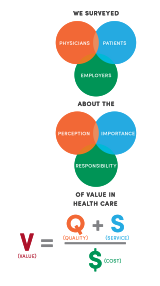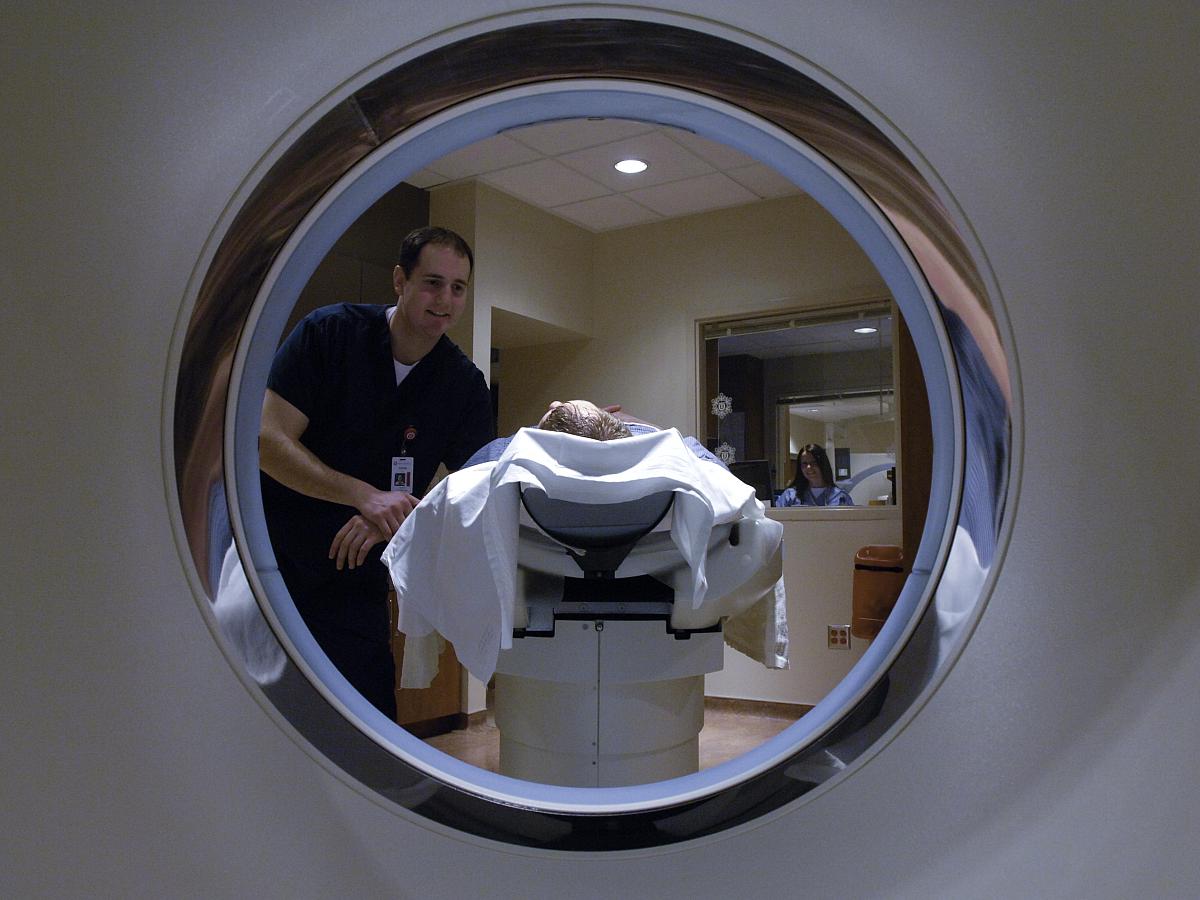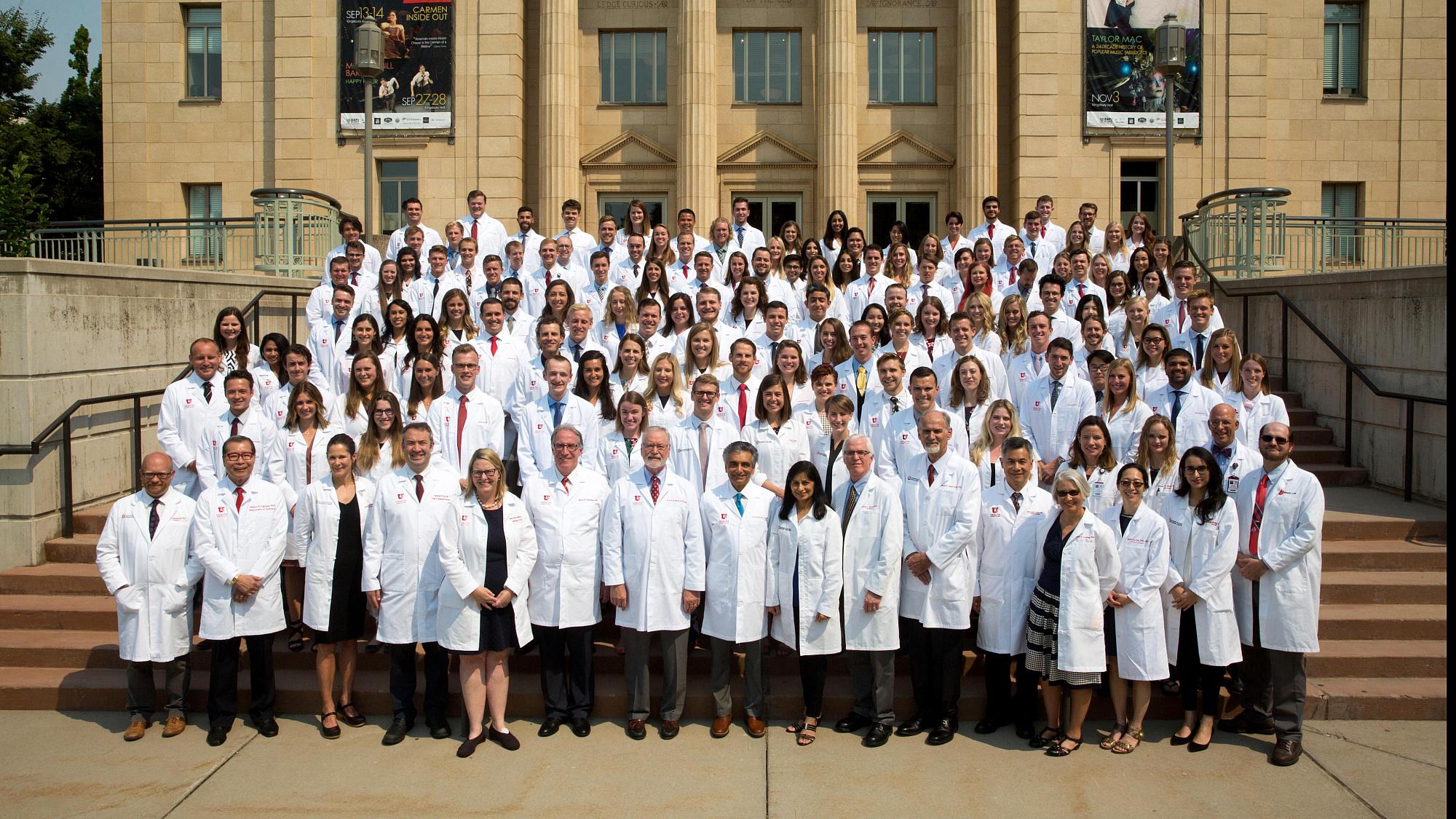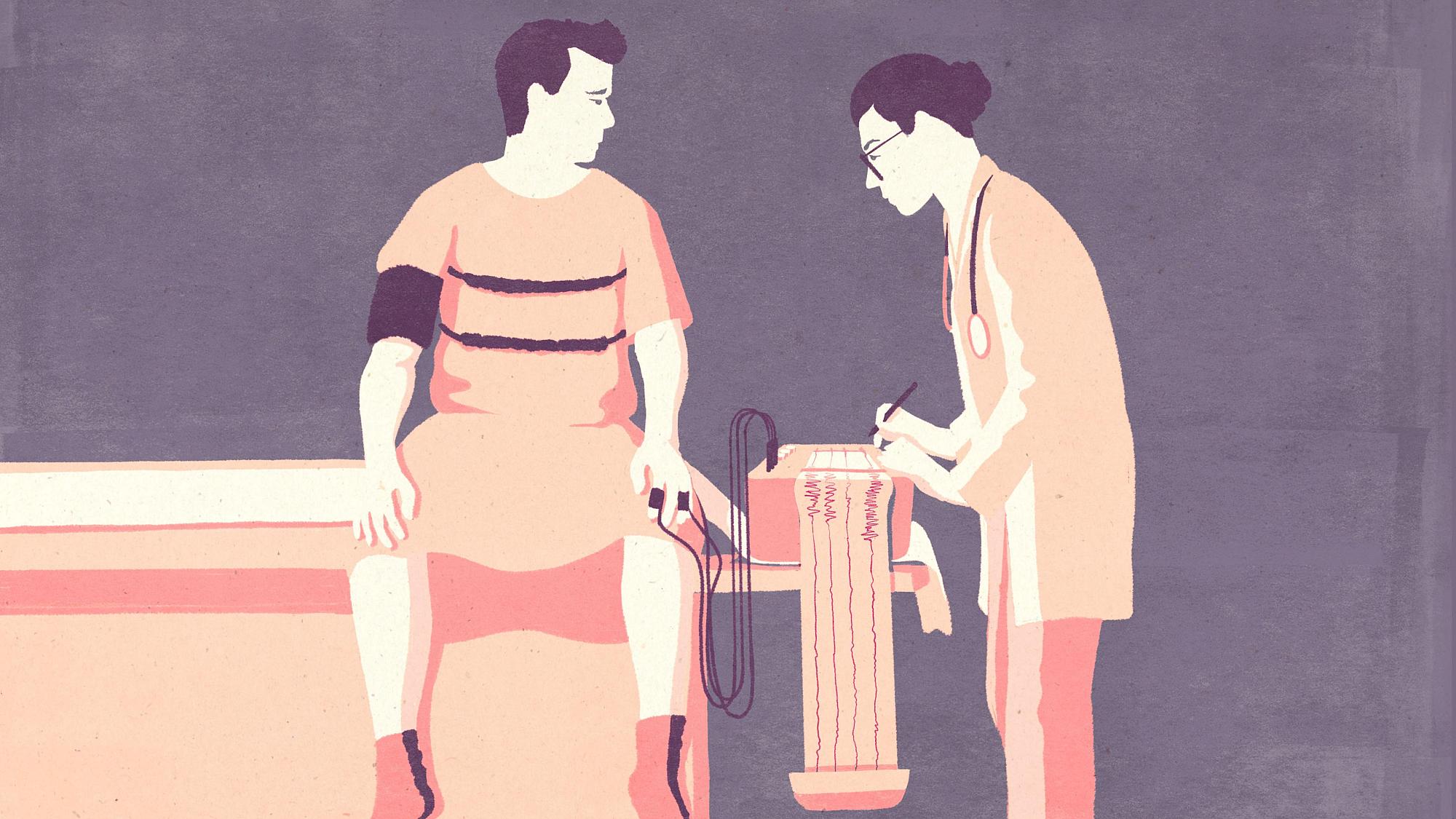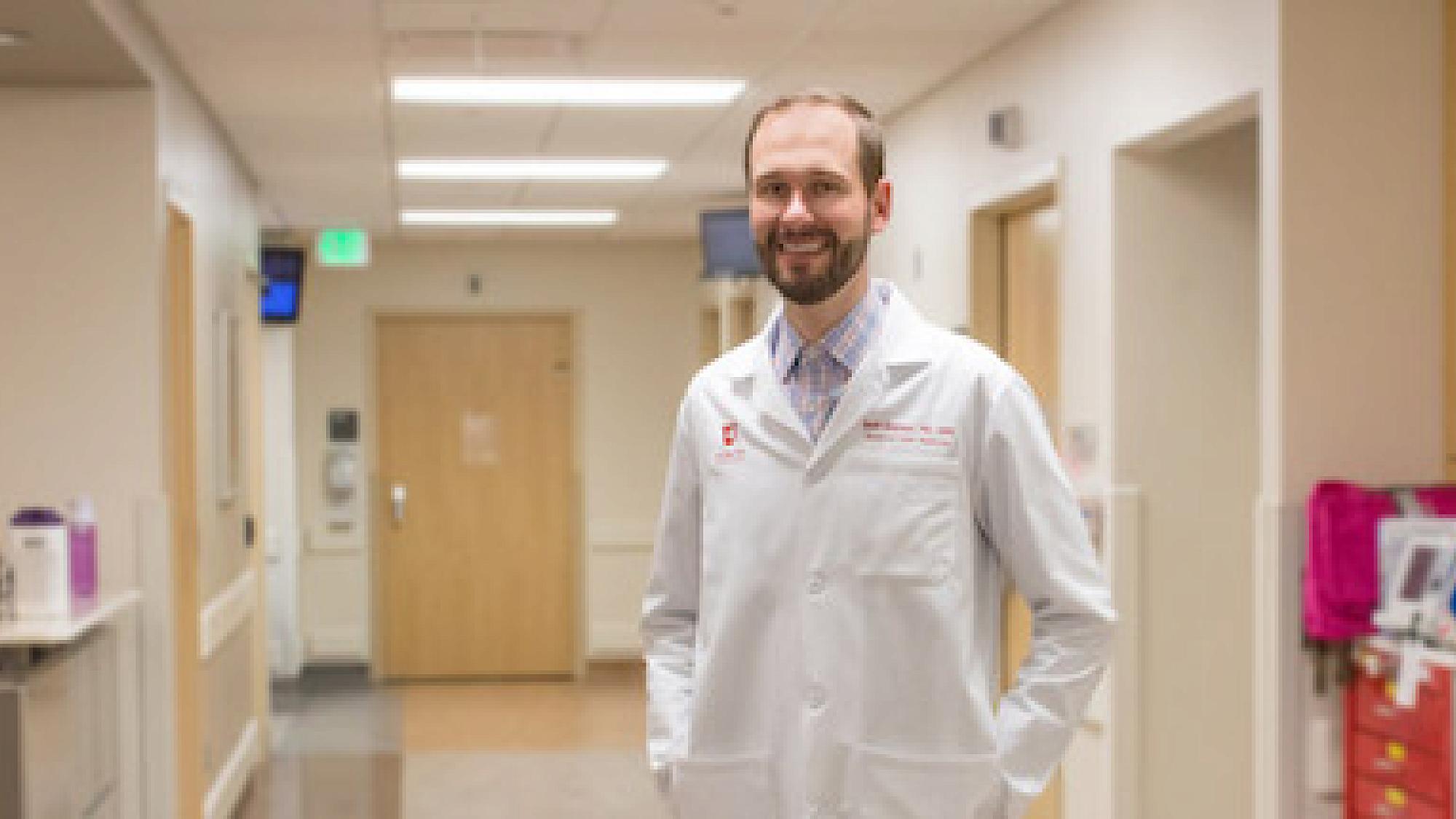
The State of Value in U.S. Health Care

The State of Value in U.S. Health Care
Bringing Value into Focus
Value is a buzzword in health care, but what does it really mean? How important is it? And who is ultimately responsible for providing it?
University of Utah Health partnered with Leavitt Partners to try to answer these important questions. We conducted a nationwide survey to find out what three key audiences—consumers, providers, and employers—think about the component parts of value: quality, service, and cost.
With this data, we’re gaining insight into how these different audiences perceive, rank, and take responsibility for the different aspects of value. We’ve compared how they’re aligned and where they’re disconnected and what this tells us about value in US health care.
What we do know is that value does not happen by accident, and good intentions are not enough. University of Utah Health has been on a decade-long journey to develop a culture where delivering patient-centered value is a major focus for everyone in the organization.
We’ve discovered the three key ingredients to this cultural transformation have been listening, leading, and learning—and our data challenges how we think about, address, and improve value (hint: it’s more than money).
Take the survey and see how you compare with others who take the survey online.
Utah Value Forum
The Utah Value Forum brought together stakeholders in the community to hear from patients, physicians, and employers about how to achieve the highest quality care and a better patient experience at an affordable cost.. These are the people who directly receive, provide or pay for health care and their voices are vital.
Related Content
NEJM Catalyst Buzz Survey #3: Patient Experience
An overwhelming majority of respondents from the NEJM Catalyst Insights Council, a qualified group of U.S. executives, clinical leaders, and clinicians agree that providing an exceptional patient experience is an essential part of achieving high-quality health care. But many barriers exist, including time, meaningful measurement of the patient voice, and differing perspectives on transparency. Still, as our third NEJM Catalyst Buzz Survey reveals, patient experience remains incredibly important.
STAT News: In health care, it's time to get a second opinion on what 'value' stands for
A University of Utah Health survey revealed that doctors and patients, as well as employers who pay for health plans, have different interpretations of what "value" in health care means. In general, doctors think of value in terms of generating positive patient outcomes, while patients and employers tend to think in terms of affordable costs. Could finding common ground on the meaning of value be the first step torward achieving it?
Algorithms for Innovation
Since 2012, Algorithms for Innovation has been asking questions and searching for solutions to some of the most impossible problems facing health care today. We believe there's an unprecedented opportunity to invent a new vision for health care, and academic medicine is poised to lead the way. Algorithms for Innovation is designed to spark conversations, highlight best practices, and foster collaboration to help transform the future.
NEJM Catalyst Buzz Survey #2: Addressing the Problems of Quality Measurement
Quality of care has become a primary measurement to rate performance, determine reimbursements, and attract new patients. Yet today's quality metrics can hinder the sharing of data — especially with patients.
We Won't Get Value-Based Health Care Until We Agree on What "Value" Means
In this Harvard Business Review article, U of U Health Chief Medical Quality Office Bob Pendleton argues for a "stop, listen, and learn" approach to defining value in health care for different stakeholder groups.
Coping with Complexity: The Value of Palliative Care
Palliative care teams focus on treating the symptoms and stress of serious illness. Nate Wanner, Associate Medical Director of U of U Health’s Palliative Care Program, discusses how palliative care improves the quality of a patient’s life and delivers value through the simple act of conversation.
CMS Administrator Seema Verna Commends U of U for Price Transparency
Transparency is a top priority for the Centers of Medicare and Medicaid Services, which led CMS Administrator Seema Verma to cite the University of Utah's Estimate Your Out-of-Pocket Costs tool in a February speech and STAT News opinion article.
Battling Burnout: What Is Truly Meaningful to Physicians?
U of U Health surgeon Rob Glasgow reflects on the national conversation around physician burnout and calls for a connection to purpose. His advice: never stop asking what brings meaning to your life and your profession.
How Patient-Reported Outcomes Change the Way Clinicians Care for Patients
U of U Health uses mEVAL to collect patient-reported outcomes (PROs). Of course, it’s what we do with the data that matters. Associate director of analytics innovation Josh Biber and cardiologist Josef Stehlik share the success of measuring PROs in the Cardiovascular Center.
Remember Your Touchstone
University of Utah Chief Medical Officer Tom Miller reflects on the touchstone that has guided him through his career in medicine: the ability to change someone’s life and make a difference. “No matter where you are in your career, you always need a touchstone,” Miller says. “You have to be able to say, 'I’m doing this for a reason — and over time, I’m making a difference.'”
Why Patients Lie to Their Doctors
When your doctor asks how often you exercise, do you give her an honest answer? How about when she asks what you’ve been eating lately? If you’ve ever stretched the truth, you’re not alone — 60 to 80 percent of patients have not been forthcoming with their doctors.
Better for Patients = Better for Providers
When health care is designed around patient needs, it doesn't just benefit the patient — it can also help providers find fulfillment in their work. Physician Joy English talks about the exceptional value and experience offered at U of U Health's Orthopaedic Injury Clinic.
Translating Passion into Individual and System Impact
Obstetrician and gynecologist Brett Einerson is motivated by reducing uncertainty for pregnant women and improving health care on a grand scale. How? By translating his passion into team-based action that takes quality and cost improvement seriously.
